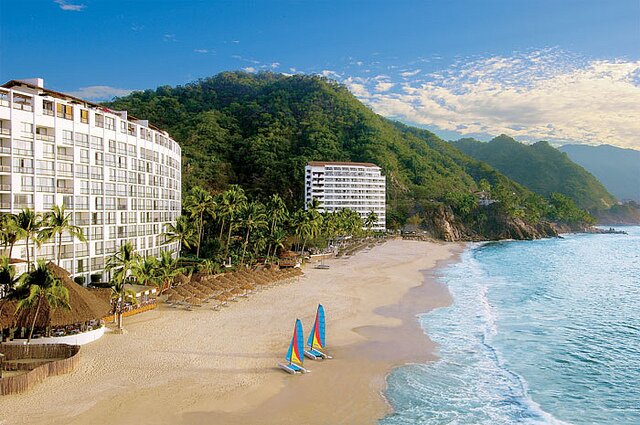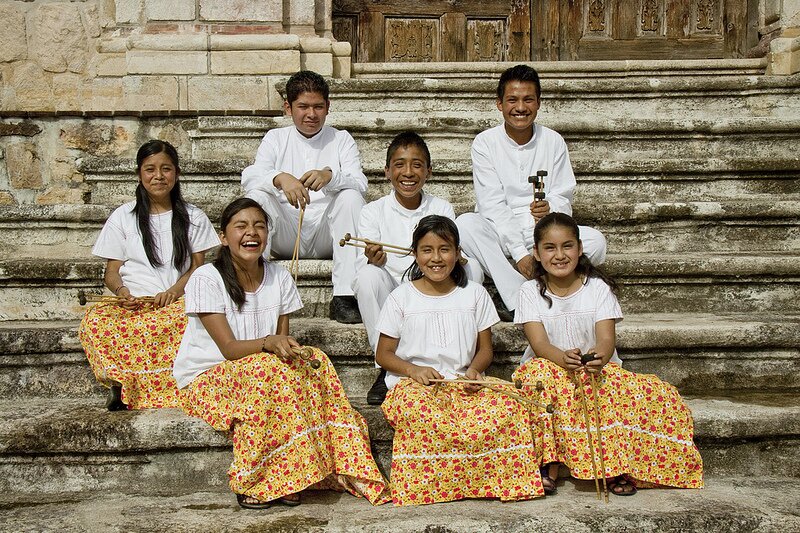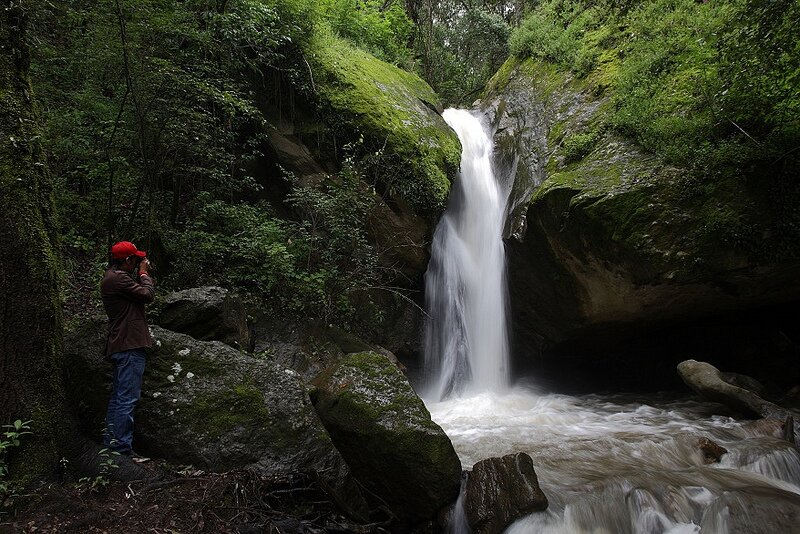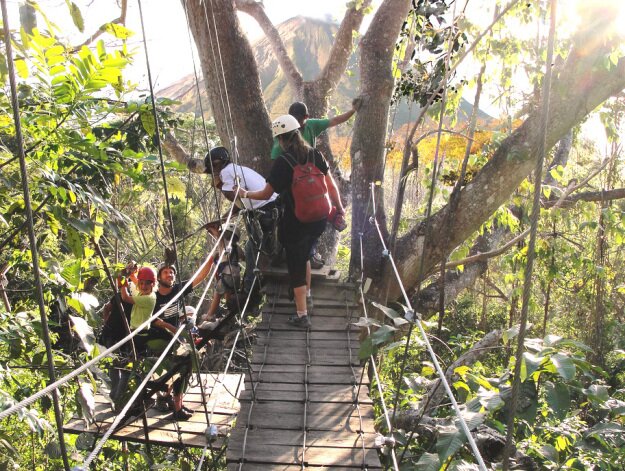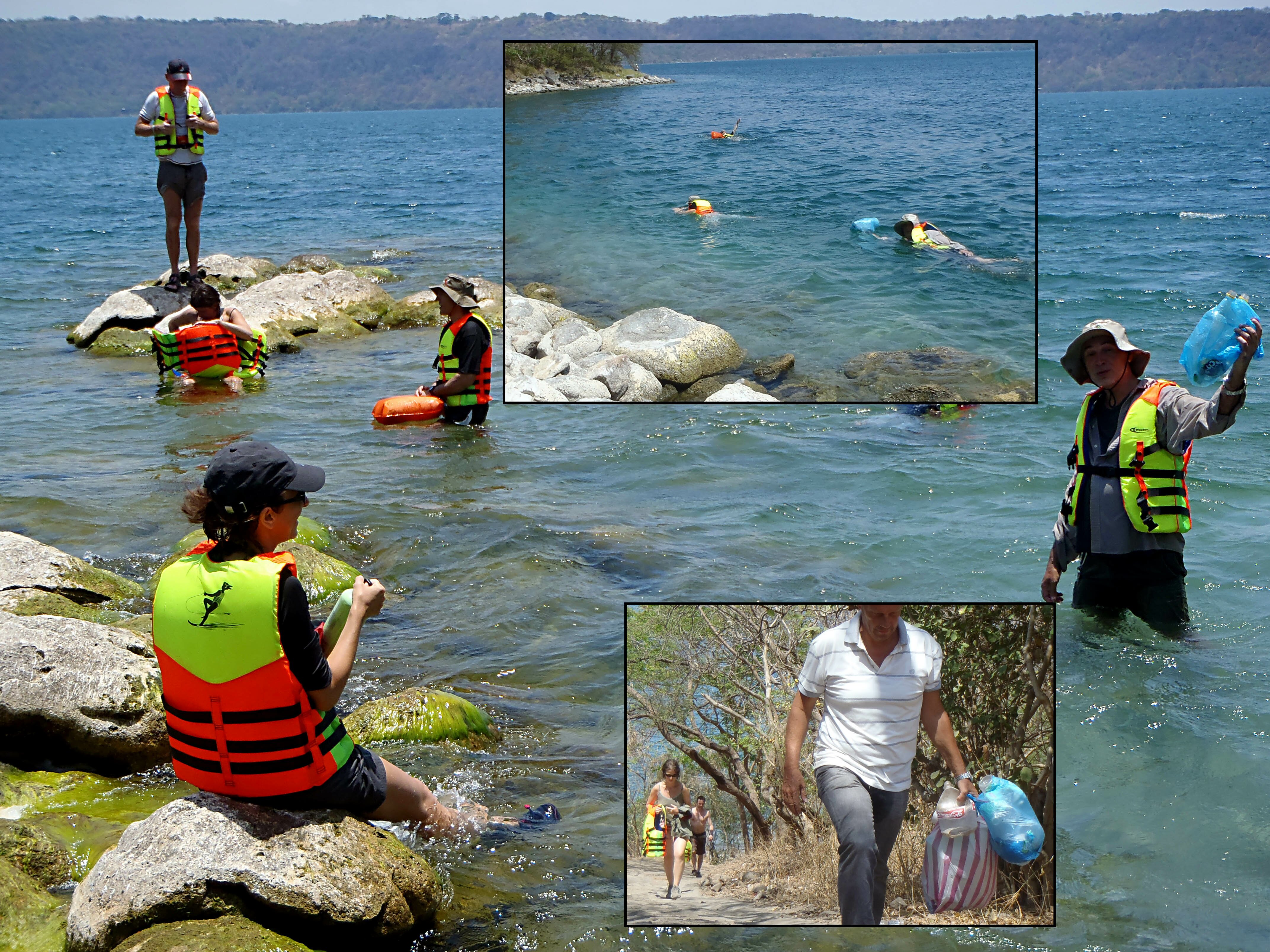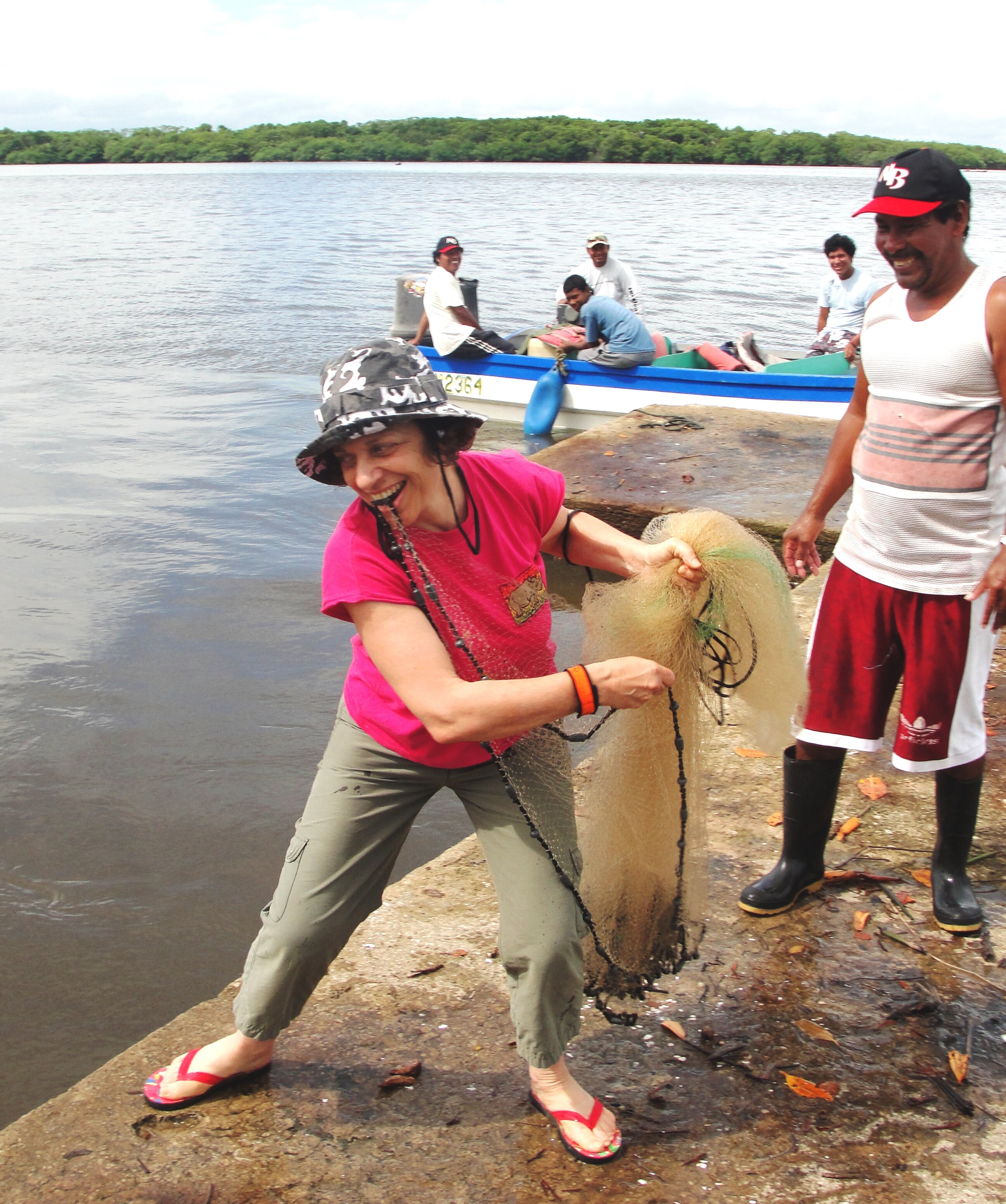Vea esta publicación en español.
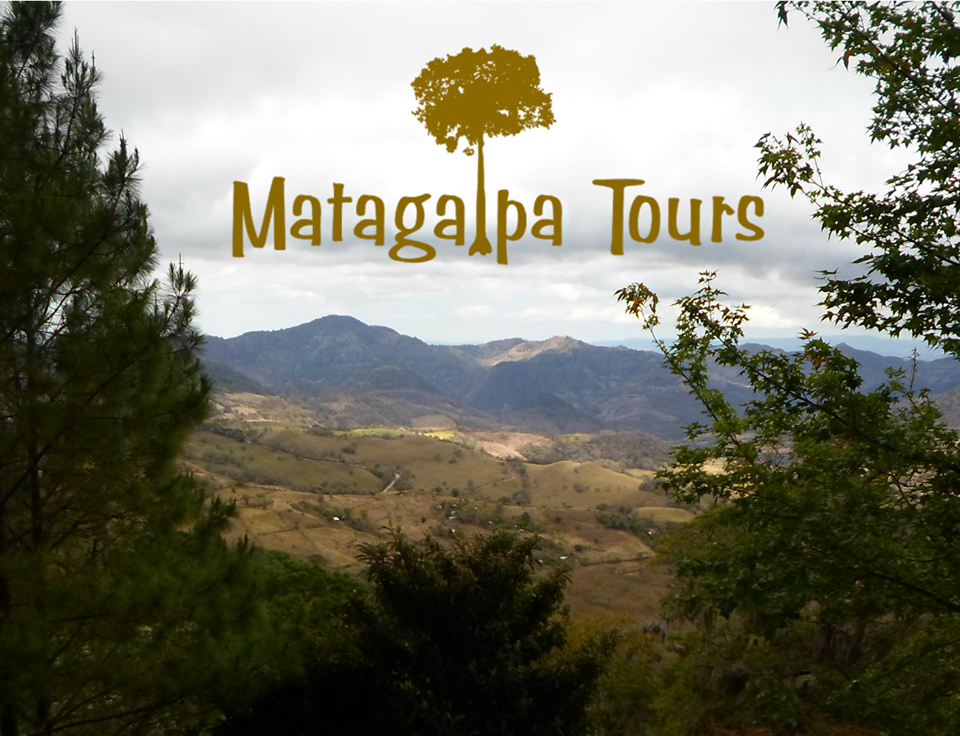
The first "Making a Difference" award winner in 2014 is Matagalpa Tours, a sustainable tour operator in Nicaragua that is Rainforest Alliance verified and focused on nature, rural, and community tourism.
We spoke with general manager Arjen Roersma, who tells us about the essence of Matagalpa Tours, its work with communities, and the challenges of being a sustainable tourism business.
Question: How did Matagalpa Tours get started?
Roersma: After exploring many beautiful places in the northern zone of Nicaragua (actually, it's in the center of the country, but it's commonly called the "north" because the paved roads don't go any farther), we realized that there was no company offering tours to the destinations here. We recognized an opportunity, knowing that adventurous travelers would love to discover the beautiful jungles, volcanoes, and people of this region.
Q: Why did you decide to focus on rural tourism and cultural experiences?
Roersma:There is very little tourist infrastructure in the Matagalpa region but these communities and their inhabitants have many fascinating stories to tell and interesting activities in which tourists can participate. Our tours are perfect for travelers who are interested in the culture and history of Nicaragua and who do not mind having to spend a night in very basic accommodations in exchange for having a unique and authentic experience.

Q: How do you support the local people with whom you work?
Roersma:We have community initiatives to support indigenous women artisan groups and farmers. We also make a special effort to promote environmental education in the communities. Our Agualí project, which has been particularly successful, is an environmental education initiative executed by Matagalpa Tours with support from the Dutch embassy geared toward local youths. In 2013, we began organizing free tours for groups of students focused on environmental and sociocultural issues. We created the Aguali.net website in order to maintain a connection with the kids and increase the impact of our message. The website offers environmental, educational, and current events information for young people.
Q: How do tourists respond to your combination of entertainment, nature, and contact with communities?
Roersma: Many of our clients say they've had an unforgettable experience. It is essential for us that in addition to having a good time in Nicaragua, they take the message home. For example, we provide a lot of information on consumerism and how their choices at home affect the people here in our country. Some of our tours combine visits to sustainable coffee or cocoa farms so that tourists will think about the origin of what they consume and the power they have to make a change by being more conscious consumers.
Q: What environmental efforts do you make?
Roersma: We believe that best environmental practices should be an integral part of our lives. It cannot be that we save energy at work but do not care in our private lives. We have had a series of workshops and activities where the Matagalpa Tours team itself developed rules for environmental consciousness in all aspects of our lives.
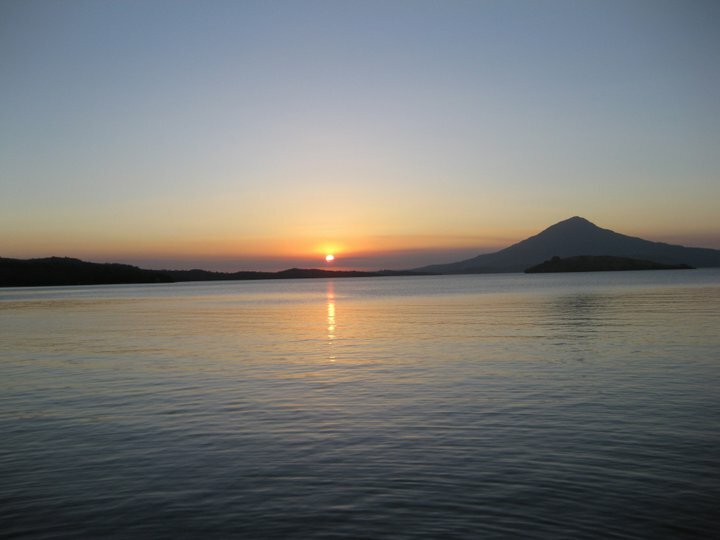
Q: Why is it important for a company like Matagalpa Tours to obtain sustainable tourism verification from Rainforest Alliance?
Roersma: For us, the efforts we make to be a social and environmental business are already a major achievement. The Rainforest Alliance verification seal confirms and reaffirms these efforts. In both the economic and business realms, the verification process has helped us to prove that we are a credible environmental and community-oriented company.
Q: What efforts are you making as a member of Tour Operators Promoting Sustainability (TOPS)?
Roersma: Although organizing ourselves is a challenge, in 2013 we trained the guides and drivers working with our businesses in good sustainability practices. We are also taking steps to promote Nicaragua as a destination with a sustainable profile nationally and internationally.
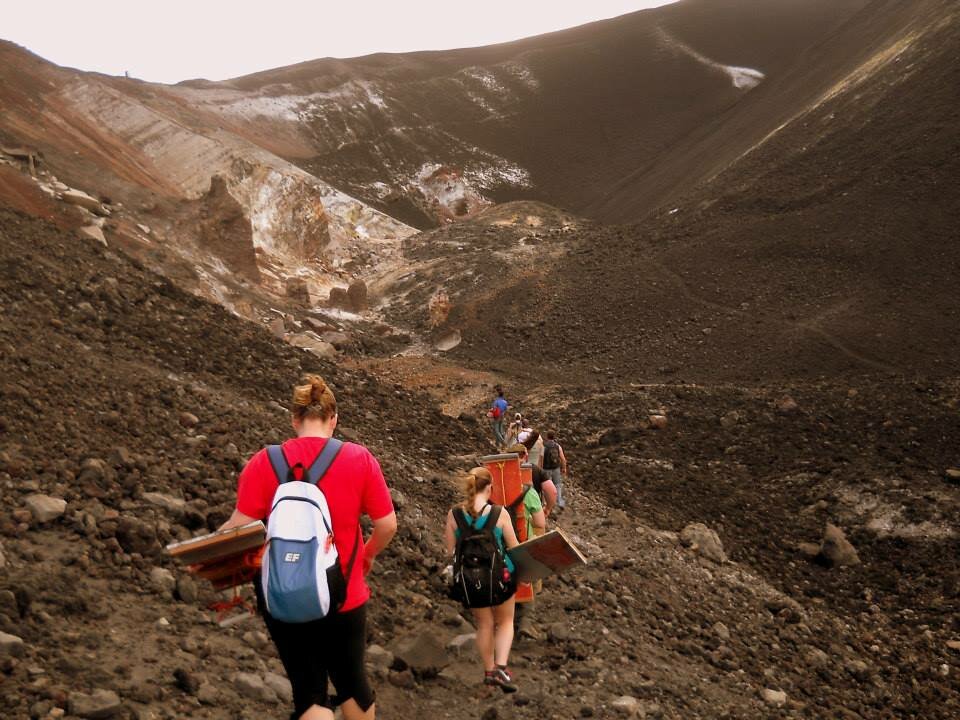
Q: What does a tour operator need to do in order to be sustainable?
Roersma: Even though other tour operators are competitors, you must be interested in the overall growth of the travel sector. We can achieve a lot more together than alone.
As a company, you must invest in your staff and create a place for their personal and professional development. It is also vital that the company generates revenue for the communities to which it brings visitors and applies its best practices everywhere it operates, not just within the company.
Q: What achievements has Nicaragua made in sustainable tourism and what challenges remain?
Roersma: Tourism development in Nicaragua got started slow and late, but luckily many local initiatives have been able to establish themselves. Most service providers such as hotels, restaurants, and transportation services are family businesses, which has helped Nicaragua be an original and unique country where culture and the hospitality environment continue to be attraction number one.
A challenge for us and the tourism industry is to promote domestic tourism.


.jpg)
